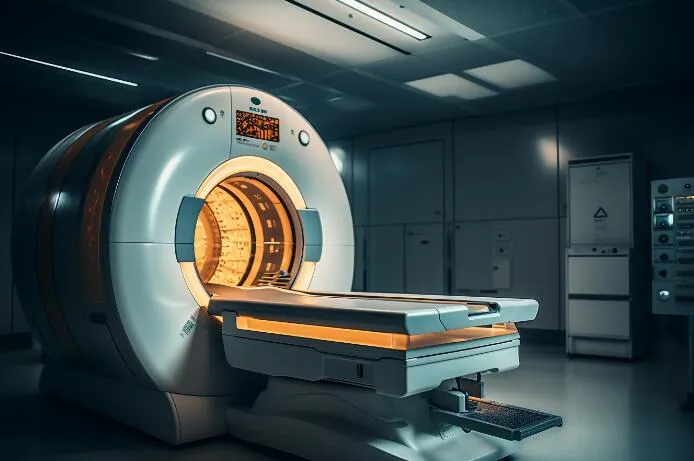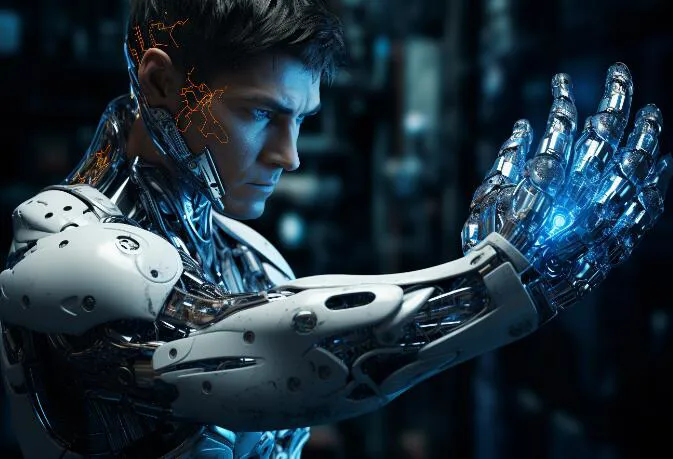Recently, a research team from Stanford University conducted an interesting experiment to explore the role of artificial intelligence (AI) in medical diagnosis. They found that when AI evolved from a simple tool into a partner for doctors, the accuracy rate of doctors' diagnoses improved by 10%. This study involved 70 practicing U.S. doctors and aimed to compare the effectiveness of AI with traditional diagnostic methods.

Image Source Note: Image generated by AI, licensed through Midjourney.
In the experiment, doctors and AI jointly analyzed cases. AI produced a joint report indicating areas of consensus and disagreement, and even provided comments. For example, when doctors considered a certain disease, AI supplemented related test results and reminded them to pay attention to other possible diagnoses. In this way, AI was not just providing answers but actively participating in discussions, helping doctors think more comprehensively about problems.
The study set up three groups: the AI-first group, the AI-second group, and the control group. In the AI-first group, doctors first viewed AI's suggestions and then made final diagnoses based on their own judgment; in the AI-second group, doctors first independently made diagnoses and then interacted with AI before generating a comprehensive report. The control group relied entirely on traditional medical resources.
In terms of diagnostic accuracy, the results showed that the average score for doctors in the control group was 75%. The average score for doctors in the AI-first group was 85%, which is 9.8% higher than the control group; the AI-second group scored 82%, which is 6.8% higher. Although AI alone achieved slightly higher scores, collaboration between doctors and AI clearly outperformed working alone.
All participating doctors significantly improved their attitudes toward AI after the experiment. 98.6% of doctors expressed willingness to use AI in complex clinical reasoning. This indicates that AI not only improves diagnostic accuracy but also enhances doctors' trust in AI.
The research team also found that AI effectively helps doctors overcome issues of information overload and reliance on experience. By structuring its thought processes, AI helps doctors analyze cases more clearly and avoid potential omissions. Additionally, to enhance AI's adaptability, the research team made some "humanization adjustments," such as giving AI critical thinking skills and the ability to communicate in plain language to improve doctors' understanding and acceptance.
This study demonstrates that AI has enormous potential in the field of medicine. As a partner, AI can help doctors make better diagnoses and improve the quality of medical services.
Key Takeaways:
🩺 **AI collaboration significantly improved doctors' diagnostic accuracy by an average of 10%.**
🤝 **The study set up three groups to compare the effects of AI with traditional diagnostics.**
📊 **98.6% of doctors are willing to use AI in complex clinical reasoning, enhancing trust in AI.**



